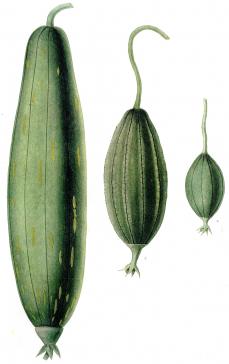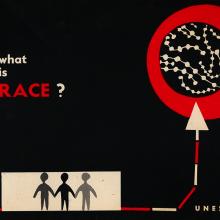This project centered on the scientific and technological practices in which knowledge of heredity was materially entrenched and in which it unfolded its effects.
In this, knowledge of heredity was taken to be something more than the scientific discipline “genetics”; it was understood as a knowledge regime in which a naturalistic conception has historically been realized that influences all areas of modern society, including medical, jurisdictional, and political discourses. To explore the changing practices, standards, and architectures of this regime as well as their particular historical conjunctions from a “longue durée” perspective was the aim of the project.
The project was collaborative and interdisciplinary in its nature, aiming to draw expertise from historical disciplines with which the history of science otherwise has had far too little contact, including the history of medicine, law, economics, and art, as well as political history and anthropology. The project consisted of a series of five workshops, each concentrating on a specific “epoch” in the cultural history of heredity.
The chronology of these epochs cuts across the accepted turning points in the history of biology—“around 1800” and “around 1900”—by concentrating on periods that were characterized by certain developments in the field of heredity itself. Roughly, such a periodization includes the following phases: a first one, extending from the late seventeenth century to the 1780s, in which heredity came into existence in several separate but well-defined fields, such as horticulture or pathology; a second one, lasting to the middle of the nineteenth century, in which heredity became central to the life sciences; a third one, covering the period from 1870 to the 1930s, in which heredity became thoroughly mathematized; a fourth one from the 1930s to the 1970s in which heredity went “molecular”; and, finally, a fifth one, from the 1970s to the present, characterized by the technological application and commodification of hereditary knowledge.
A first workshop, focusing on the seventeenth and eighteenth centuries, took place in May 2001 at the Institute, a second workshop on the late eighteenth and early nineteenth centuries followed in January 2003. A third workshop took place in January 2005. A fourth workshop was organized in collaboration with the ESRC Centre for Genomics in Society (Exeter) and took place in December 2006 at the University of Exeter.


